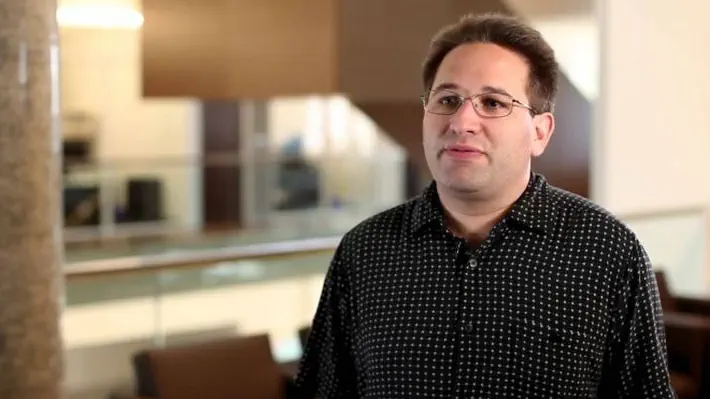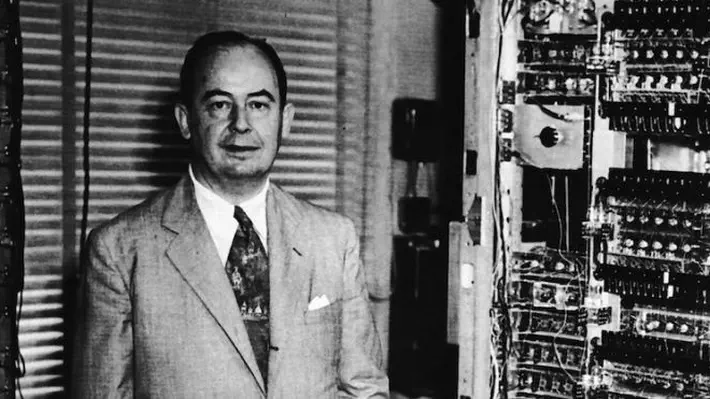contain multitudes • by Padma Dorje • established in 2003
contain multitudes
 PDF
PDFJorge Luis Borges and the Translators of the Nights
This reading of Borges’s essay was initially inspired in the 1970s by the Uruguayan literary critic Emir Rodríguez Monegal (1921-85). Yet another game with shifting mirrors, “The Translators of The 1001 Nights” (1936) is a labyrinth whose hidden center is Sir Richard Burton. In Borges’s private universe, Burton is ultimately a precursor of Jorge Borges, his Anglo-Argentine father who was also drawn to the “Orient.”
 PDF
PDFWhy Philosophers Should Care About Computational Complexity
One might think that, once we know something is computable, how efficiently it can be computed is a practical question with little further philosophical importance. In this essay, I offer a detailed case that one would be wrong. In particular, I argue that computational complexity theory—the field that studies the resources (such as time, space, and randomness) needed to solve computational problems—leads to new perspectives on the nature of mathematical knowledge, the strong AI debate, computationalism, the problem of logical omniscience, Hume’s problem of induction, Goodman’s grue riddle, the foundations of quantum mechanics, economic rationality, closed timelike curves, and several other topics of philosophical interest. I end by discussing aspects of complexity theory itself that could benefit from philosophical analysis.
 pdf
pdfSelected Essays of Richard M. Stallman
The waning days of the 20th century seemed like an Orwellian nightmare: laws preventing publication of scientific research on software; laws preventing sharing software; an overabundance of software patents preventing development; and end-user license agreements that strip the user of all freedoms—including ownership, privacy, sharing, and understanding how their software works. This collection of essays and speeches by Richard M. Stallman addresses many of these issues. Above all, Stallman discusses the philosophy underlying the free software movement. This movement combats the oppression of federal laws and evil end-user license agreements in hopes of spreading the idea of software freedom.
 pdf
pdfVon Neumann's First Computer Program
An analysis of the two earliest sets of instruction codes planned for stored program computers, and the earliest extant program for such a computer, gives insight into the thoughts of John yon Neumann, the man who designed the instruction sets and wrote the program, and shows how several important aspects of computing have evolved. The paper is based on previously unpubhshed documents from the files of Herman H. Goldstine.
 PDF
PDF PDF
PDF PDF
PDF Vice
Vice pdf
pdf pdf
pdf





